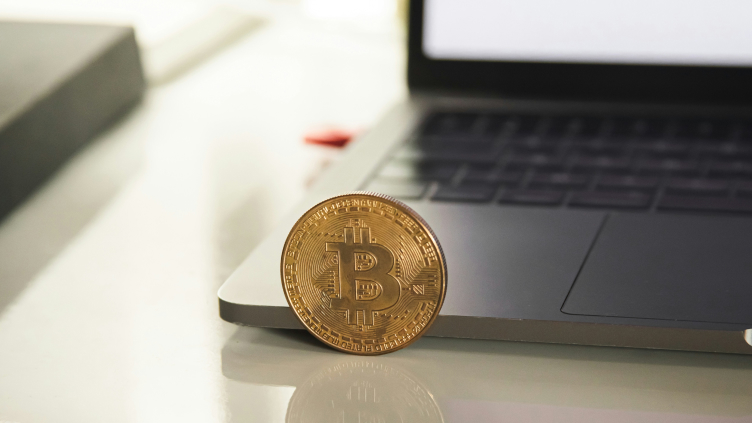Bitcoin has shown resilience amid global economic concerns, particularly amid ongoing US-China trade tensions. Bitcoin prices rose 12% in the two weeks ending April 22nd. This is a strong recovery compared to the broader market. The US imposed up to 125% on China, and China made a round trip with similar increases, but Bitcoin appears to be unaffected by these trade issues. This has led many to observe that Bitcoin is beginning to behave like gold, not volatile Nasdaq, and is increasing interest as a safe asset.
Alex Svanevik, CEO of Crypto Intelligence Platform Nansen, said Bitcoin is separating itself from the traditional stock market. Unlike major indexes like the Altcoins and the S&P 500, Bitcoin is relatively stable despite global trade tensions. Svanevik pointed out that Bitcoin is resilient, but remains vulnerable to wider economic concerns, particularly the fear of a recession.
Bitcoin’s safe haven status is strengthened by the US government’s plan to hold Bitcoin in the US strategic Bitcoin reserve. The preparations initially consisted of Bitcoin seized from criminal cases, but President Trump’s executive order outlined strategies for the government to acquire more Bitcoin. These plans include using tariff revenues and reevaluating the Treasury gold certificate to create a surplus that funds Bitcoin purchases without the need to sell gold. Svanevik believes that the development of these regulations will play an important role in the growth of Bitcoin as a global asset.
Despite Bitcoin’s growth in the face of trade war pressures, the possibility of a recession in the US remains concern for the broader economy. JPMorgan’s latest report has increased the likelihood of a US recession in 2025 from 40% to 60%. The report noted that the remaining tariffs, particularly China’s 145% tariffs, remain a serious threat to global growth. The Federal Reserve is expected to begin monetary policy easing in September 2025, and will be further cuts until January 2026, supporting the economy as well as affecting the demand for risky assets like Bitcoin.
Bitcoin continues to grow prominently, but its future may be shaped by changing regulations, particularly in the US, and its ability to maintain its appeal as a valuable repository amidst the global economic turmoil. With economic concerns continuing to grow, Bitcoin could be considered a hedge, like gold, during turbulence.

